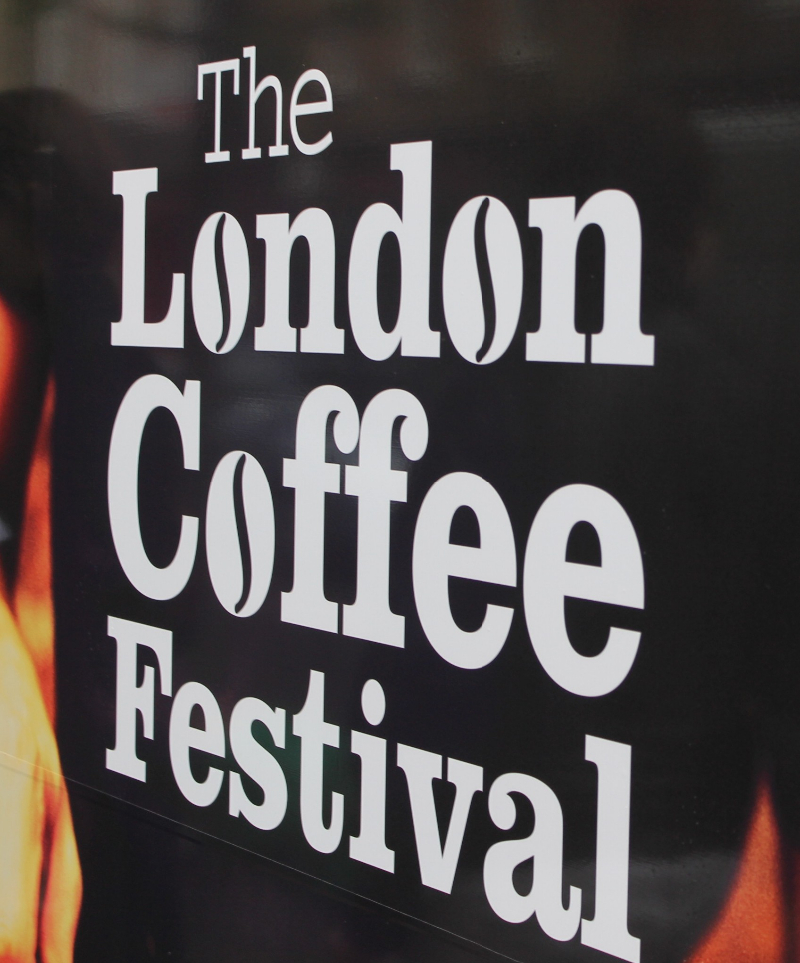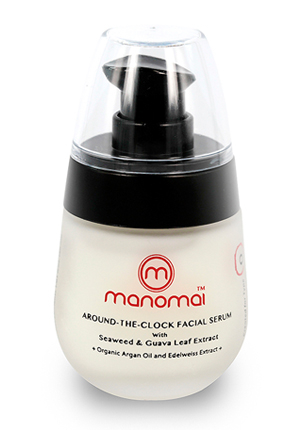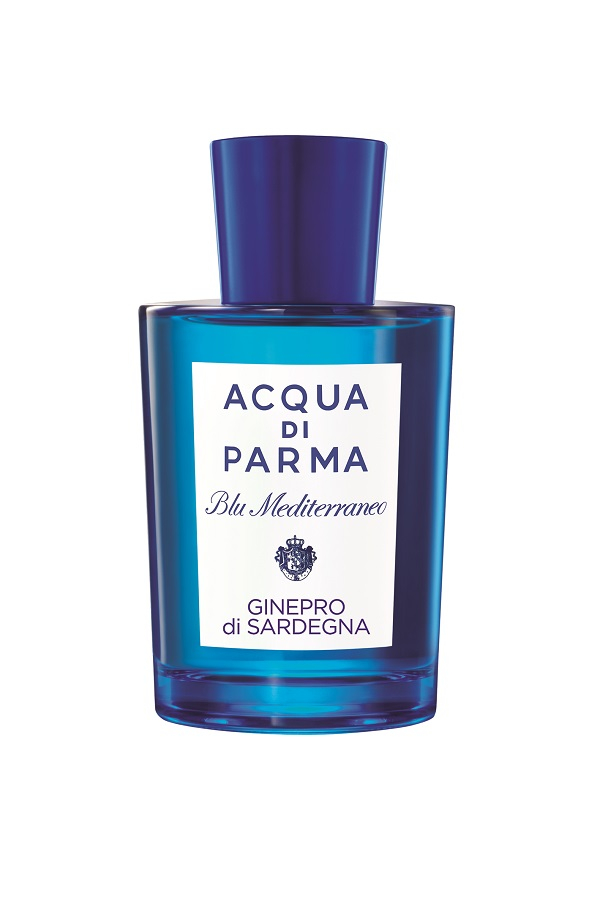Olympics, where have all your ethics gone?

Originating from ancient Greece, the Olympics have over a thousand years of lasting legacy embracing the spirit of friendship, fair play, peace and glory. We are less than 100 days to the London Olympics; the international media has already filled up with images of Olympian athletes striving to attain sporting greatness. When all the attention goes to the number of medals that the athletes will achieve, who actually cares about the hardship behind the sports gear in the race?

UK Team’s Olympic gear, designed by Stella McCartney, is alleged to be made by Indonesian sweatshop workers earning 55p an hour.
Adidas, the official sportswear partner of London 2012, is awarded with the manufacturing contracts of Olympic uniforms for the UK team. Away from the Olympic spotlight, unfortunately, workers making sportswear for Adidas experience widespread exploitation, according to an exclusive revelation by The Independent.
Kathy Marks, a journalist from The Independent, uncovered the scandal that four of the nine contractors paid less than the minimum wage required. The contracting factories are located in Tangerang near the airport of Jakarta, the capital of Indonesia.
“Ethical? I don’t think so. The only privilege is we work harder than ever,” says Mirna, a 39-year-old widow with two sons, who works for PT Golden Castle, earning 8,125 rupiah (55p) an hour. Life has been a daily struggle for Mirna, as she lives in a tiny room located in a back alley with stray cats; there is only a dim light bulb, a wear-out closet and peeled off walls. “Every month I have to borrow money, so I’m getting more and more into debt.”
Indra Munasmar, secretary general of Indonesian Textile Workers Federation, told the Jakarta Globe that such low wages make excessive overtime necessary for survival. He calculated that workers have to earn at least 2 million rupiah (£123) a month to meet their basic needs; even working 65 hours a week is not enough.
However, none of the nine factories pay the workers a living wage, which is one of the cornerstones of the Ethical Trading Initiative (ETI) base code, an internationally recognized labour code adopted by the LOCOG. Workers are not informed about legal complaint mechanisms that allow them to report labour violations.
According to Adidas’ code of conduct for suppliers, “Wages must equal or exceed the minimum wage required by law or the prevailing industry wage, whichever is higher.”
More violations are revealed in factories located in Tangerang of Jarkarta, the capital of Indonesia. Workers complain that they face intense pressure to meet production targets.
A 23-year-old worker Yuliani revealed that they have been tied to their seats and they need to get permission even to go to toilet. She also said that workers need to sacrifice lunch break to reach the target.
In meeting tight targets, supervisors use a loudspeaker to reprimand production lines hourly. Some workers described being slapped in the face and having their ears pinched by managers. Sobirin, 32, said: “If the leader gets really angry, they throw the shoes in front of the workers. Once on my line I saw a worker get hit by a shoe.”
“The management says that overtime is compulsory, and there are many times when workers are working without payment overtime, or are not paid properly. Every day there has been a worker who passed out because of exhaustion or unwell,” Sobirin continued.
Even workers are not allowed to have lunch; they are not eating in any industrial food halls or restaurants, instead, they have to squat on the ground near rubbish. “It’s really smelly sometimes, and it’s near the port, so it’s very dusty. When the wind blows, the rice gets mixed up with the dust,” a worker at PT Golden Castle said.
Shaun McCarthy, Chair of the Commission for a Sustainable London, said: “The allegations uncovered by The Independent are of serious concern. The priority for LOCOG must be to investigate these issues and act accordingly to protect workers’ rights and improve working conditions.”
Followed by the sweatshop allegations, Meredith Alexander, a former member of the Commission for a Sustainable London, wrote to The Independent: “Olympics also illuminate darker elements such as the sponsors’ ethical records. Dow Chemical’s connection with the 1984 Bhopal gas disaster may have garnered the most headlines, but it is far from the only harsh Olympic truth.”
Queenie Man























Facebook
Twitter
Instagram
YouTube
RSS